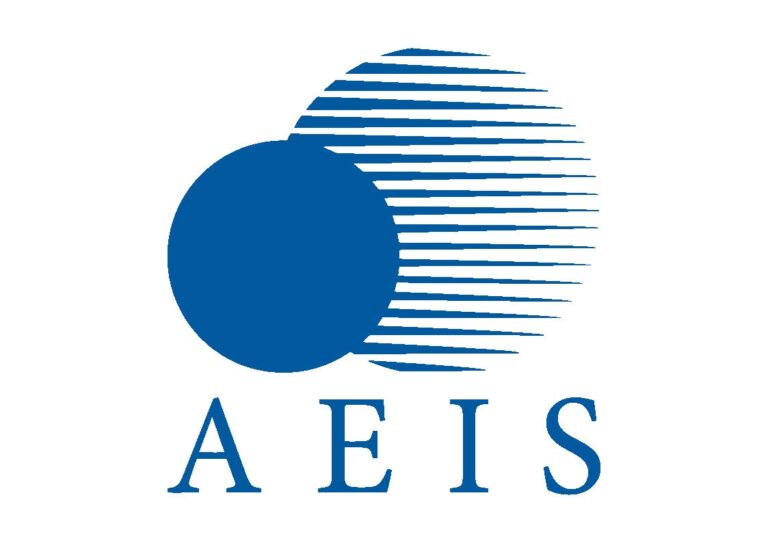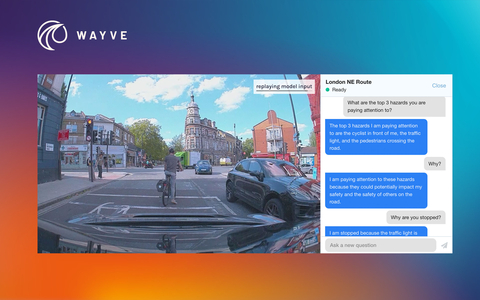Self-driving technology firm Wayve has introduced LINGO-1, an innovative vision-language-action model (VLAM) that is poised to reshape the landscape of self-driving technology by offering unprecedented insights into AI decision-making processes.
Unlike traditional end-to-end AI neural networks, which have often been regarded as black boxes, LINGO-1 aims to provide transparency and enhance the explainability of Wayve’s AI Driver technology. This breakthrough is seen as essential for building a safe and reliable self-driving intelligence.
LINGO-1’s unique ability lies in its training data, which includes real-world data collected from Wayve’s expert drivers providing commentary as they operate vehicles. This data enables LINGO-1 to explain the reasoning behind driving actions, marking a significant advancement in AI model interpretability.
Additionally, LINGO-1 is designed to respond to questions regarding various driving scenarios, allowing Wayve to gather feedback and improve the model. For instance, users can ask LINGO-1 questions like, “Why did you slow down?” The answers provided help evaluate the model’s scene comprehension and reasoning, facilitating targeted improvements and bolstering confidence in the system.
By incorporating natural language into self-driving technology, Wayve envisions the potential for safer and more efficient autonomous driving. This integration allows for the utilization of natural language sources such as the Highway Code, streamlining the retraining of AI models and enhancing their raw intelligence. Ultimately, this approach accelerates the learning process, improves accuracy, and expands the technology’s capability to handle diverse driving tasks.
Wayve is currently conducting daily tests of its self-driving technology on UK roads and is engaged in Europe’s largest last-mile autonomous grocery delivery trial with Asda, benefiting thousands of residents in London. Innovations like LINGO-1 are expected to play a pivotal role in making commercial deployments of self-driving vehicles a reality.
Alex Kendall, Co-founder & CEO of Wayve, expressed optimism about LINGO-1’s potential impact, stating, “LINGO-1 marks a big step for embodied AI: aligning vision, language, and action to deliver more intelligent and trusted autonomous vehicles.” He emphasized Wayve’s commitment to pushing the boundaries of science to create a safer and smarter future of transportation, with LINGO-1 as a crucial milestone in achieving that vision.
LINGO-1’s introduction represents a significant stride towards enhanced transparency and trust in self-driving technology. As the self-driving industry continues to evolve, Wayve’s groundbreaking AI model could pave the way for safer, more efficient, and widely adopted autonomous vehicles.










